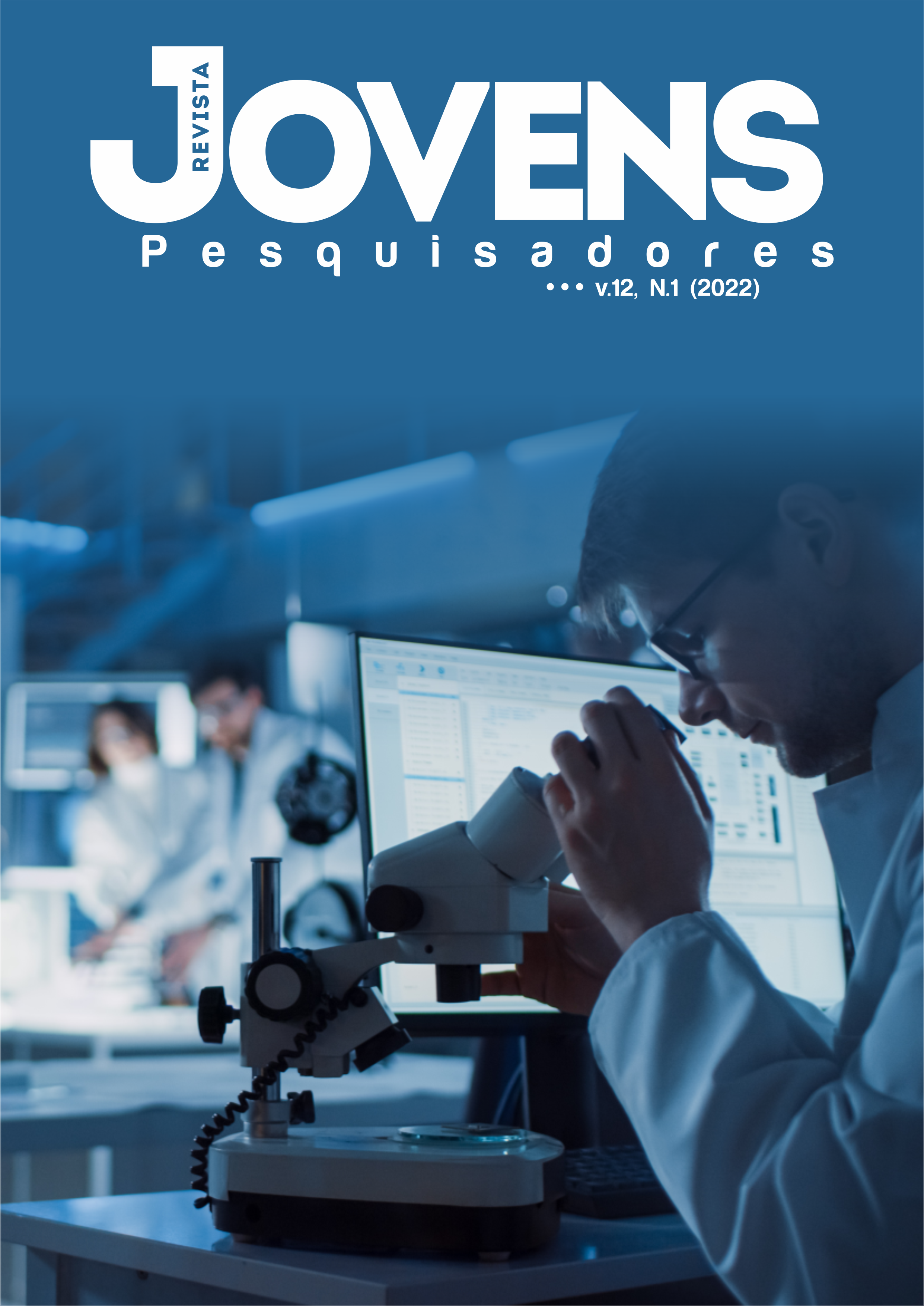EXTENSÃO UNIVERSITÁRIA: STATUS VACINAL E PERFIL SOROLÓGICO PARA IMUNOGLOBULINAS CONTRA SARS-COV-2 DE PARTICIPANTES DA FEIRA DE PREVENÇÃO EM SAÚDE EM VALE VERDE, RS
DOI:
https://doi.org/10.17058/rjp.v12i1.17478Resumo
A extensão universitária possibilita uma abordagem integral do processo saúde-doença e ensino-aprendizado com ênfase em promoção, prevenção e educação em saúde à comunidade. A Covid-19 é uma infecção respiratória de alta transmissibilidade e morbimortalidade, causada pelo vírus SARS-CoV-2. A produção de uma vacina segura e eficaz se fez promissora no combate a pandemia. O objetivo deste estudo foi avaliar o status vacinal e perfil sorológico para imunoglobulinas contra SARS-CoV-2 dos participantes de uma feira de saúde no município de Vale Verde (RS). Trata-se de um estudo transversal, descritivo-quantitativo, com dados obtidos mediante entrevista e teste rápido para IgG e IgM. Foram testadas 52 pessoas, destas 17,3% já haviam testado positivo e a maioria já havia recebido a 1° ou 2° dose da vacina (44,23% e 32,69%, respectivamente). Dos testados, apresentaram IgG reagente 23,07% e 3,84% IgM reagente. Quanto ao tipo de vacina, 25 pessoas foram vacinadas com AstraZeneca/Fiocruz (20% obtiveram IgG reagente dos quais 5 relataram doença prévia), 10 com Sinovac/Butantan, 2 com Pfizer/Wyeth e 3 com Janssen. Os indivíduos não vacinados e sem relato de doença prévia testaram IgG e IgM não reagentes. Assim, conclui-se que 11,53% da população testada já estava completamente imunizada e apresentava anticorpos IgG. Este estudo reforça que o teste rápido é um método de fácil execução e baixo custo utilizado para rastreio epidemiológico ou auxiliar no diagnóstico da Covid-19, entretanto não é específico para avaliação da resposta vacinal, sendo a vacinação uma solução em potencial para o controle da pandemia associada às medidas de prevenção já estabelecidas.
Downloads
Downloads
Publicado
Como Citar
Edição
Seção
Licença
A submissão de originais para este periódico implica na transferência, pelos autores, dos direitos de publicação impressa e digital. Os direitos autorais para os artigos publicados são do autor, com direitos do periódico sobre a primeira publicação. Os autores somente poderão utilizar os mesmos resultados em outras publicações indicando claramente este periódico como o meio da publicação original. Em virtude de sermos um periódico de acesso aberto, permite-se o uso gratuito dos artigos em aplicações educacionais e científicas desde que citada a fonte conforme a licença CC-BY da Creative Commons. Creative Commons Atribuição 4.0 Internacional.
Creative Commons Atribuição 4.0 Internacional.


